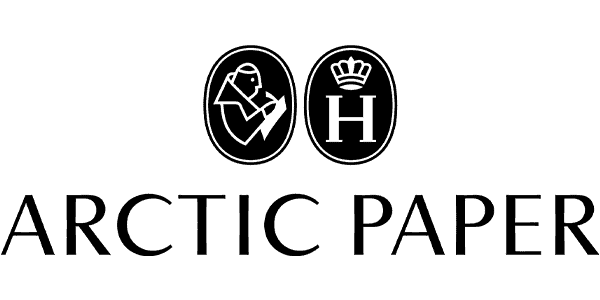
The Birth, the Life and the Death of Firms : the role of Entrepreneurship, Creative Destruction and Conservative Institutions in a Growing and Experimentally Organized Economy

| Författare | |
|---|---|
| Medverkande | |
| Förlag | Ratio |
| Genre | Ekonomi |
| Format | Kartonnage |
| Språk | Engelska |
| Antal sidor | 534 |
| Vikt | 706 gr |
| Utgiven | 2005-09-20 |
| SAB | Qb |
| ISBN | 9789175680644 |
THE BIRTH, THE LIFE AND THE DEATH OF FIRMSThe Role of Entrepreneurship, Creative Destruction and Conservative Institutions in a Growing and Experimentally Organized EconomyGunnar Eliasson edBusiness successes and failure are natural features in a growing and experimentally organized economy. The ongoing reorganisation of the global economy and changing competitive circumstances have short-ened the life cycle of firms and spelled crisis for several of Sweden's large international companies.In The Birth, the Life and the Death of Firms, edited by professor Gunnar Eliasson, the enormous business opportunities and the ongoing industrial transformation are contrasted with the political and social problems the change is bringing, and the propensity of institutions to conserve existing structures rather than facilitate the introduction of new ones.The importance of firm's exits and deaths and the releasing of resources that follows are studied in a regional perspective (Lake Mälar Region), where Pharmacia's fate and Uppsala's local economy have been chosen as a case study. There is also a comparison between the deaths of listed British and Swedish companies and of the similarly structured but much larger Bavaria/Baden-Württemberg regional economy in southern Germany with the Lake Mälar Region in Sweden.The regional study demonstrates the enormous complexity of the ongoing industrial dynamics and how easy it is to commit business mistakes. This indicates that risks have to be shared between firms and institutions if large industrial opportunities should not be lost. Furthermore, creative destruction has to destroy the institutions of society at least as much as it destroys physical production capital.Participating researchers and authors: Klas Buttwill, Gunnar Eliasson, Åsa Eliasson, Ann-Charlotte Fridh, Dan Johansson, Cliff Pratten, Erol Taymaz and Clas Wihlborg.






















